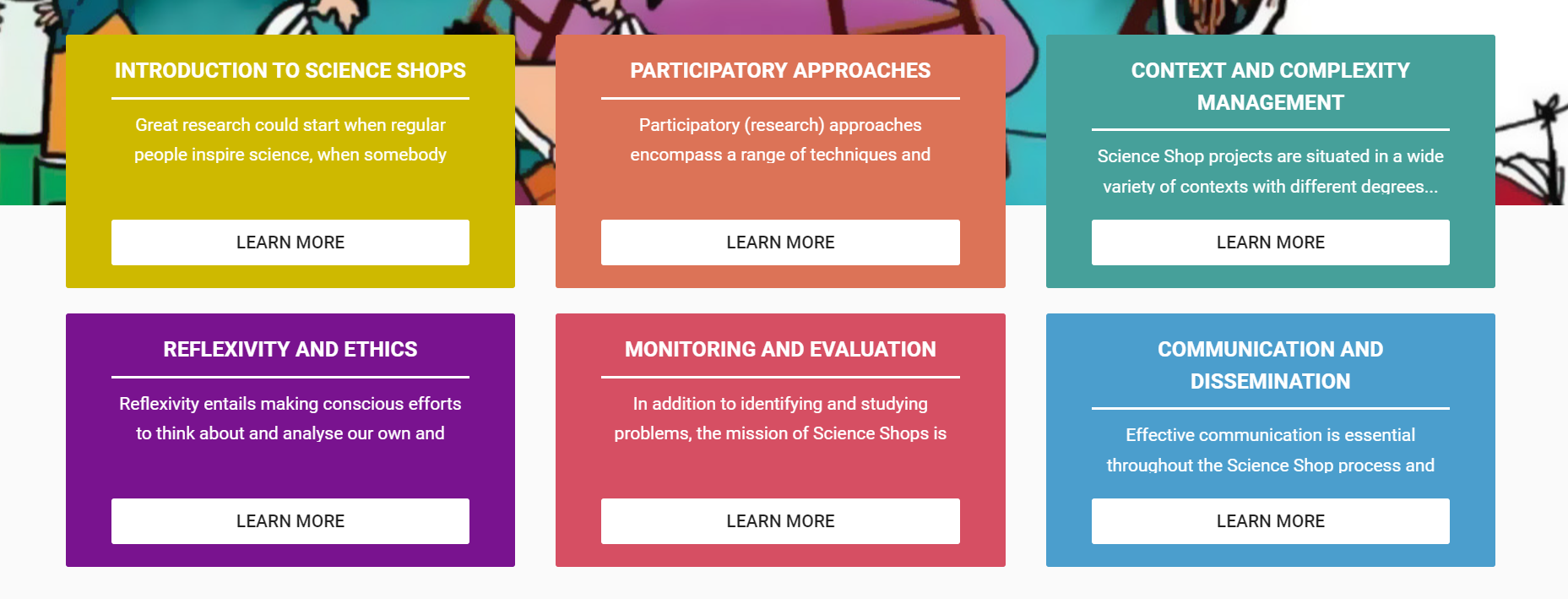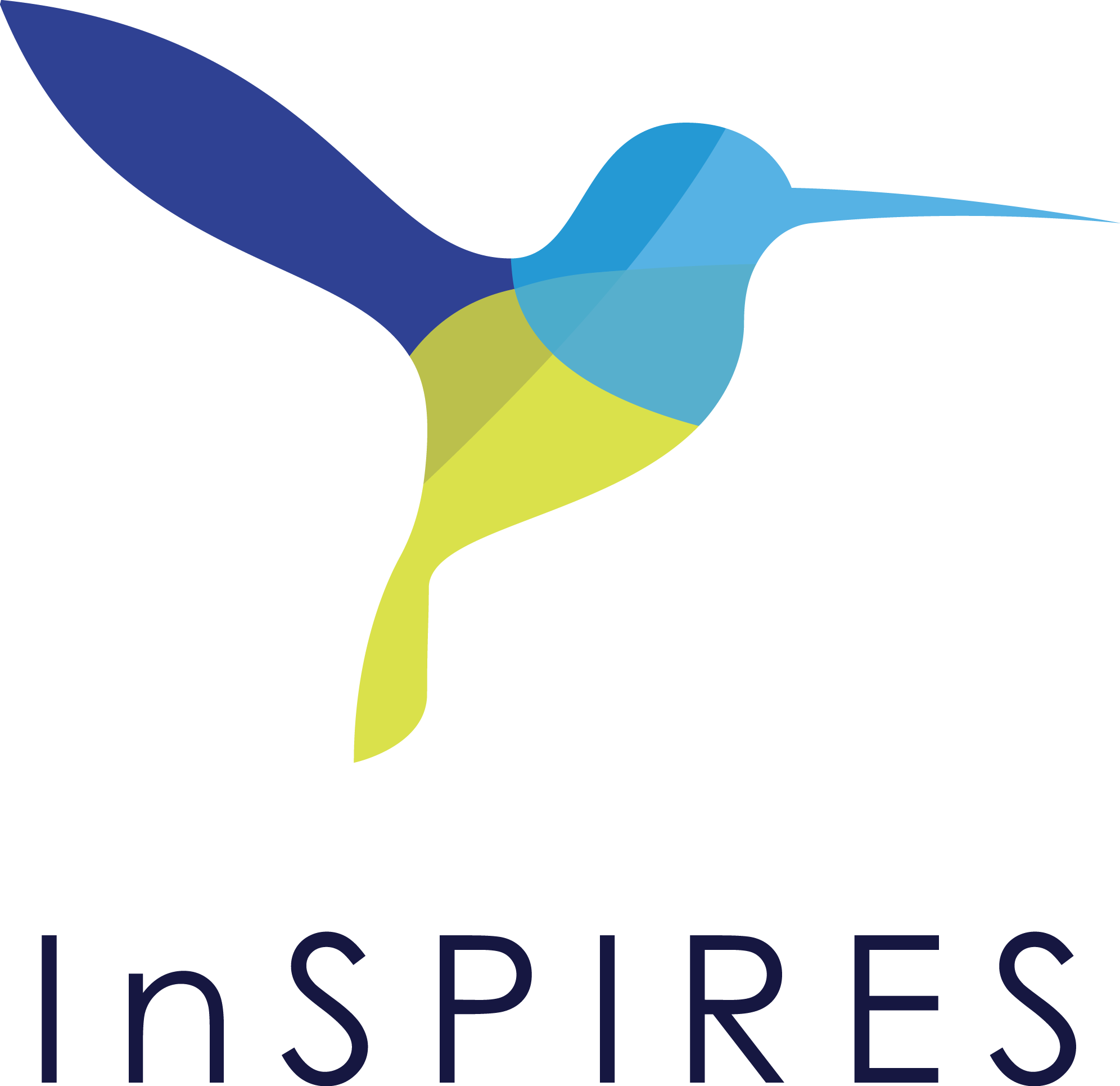InSPIRES brought together practitioners and experts from across and beyond Europe to co-design, jointly pilot, implement, and roll out innovative models for Science Shops. We launched several Science Shop projects to reflect on participatory research models and strengthen communication between scientists and citizens to provide input on the research agenda over the next years.
The projects have tackled mainly health and environmental concerns raised by civil society organisations and other stakeholders. Some of these projects have been conducted with a transnational and transdisciplinary approach.
InSPIRES has achieved one of its most ambitious goals: developing an online collaborative and crowdsourced database featuring Science Shops, Citizen Science and similar structures and their related projects, and offering an integrated impact evaluation tool capable of producing real-time project evaluation reports. Visit the InSPIRES Open Platform repository.
The Impact Evaluation tool was also developed that provides an automated analysis of participatory processes and their outcomes. At the same time, it compares the performance of all the projects registered on the platform. The platform collects indicators under five essential dimensions for Science Shops and other participatory projects: Knowledge Democracy, Citizen-led Research, Participatory Dynamics, Integrity, and Transformative Change.
In its learn section, the online platform introduces the InSPIRES e-learning platform. It has six learning modules introducing you to participatory Science Shop processes and other forms of collaboration between science and society.

Additionally, at the training section of the InSPIRES web page, you can find a) the repository of the InSPIRES webinars in different languages organised to reach stakeholders for whom English might be a barrier; b) the downloadable InSPIRES Science Shop card-game (available in English, French and Spanish), developed to explain the science shop process; c) a motivational video serial that brings inspiration from experienced practitioners; and finally, a module on Reflexivity and Ethics that helps to understand and integrate ethical considerations into one’s project.
InSPIRES approach evolved from a university-based model to a process-based framework of Science Shops work, based on the implementation of 31 pilot projects in seven countries. This framework represents an open description of Science Shops as different approaches to facilitate public engagement and science and society interaction, aligned with Responsible Research and Innovation (RRI), Open Science, and Impact Evaluation. The framework has been fully described in a paper accessible here.
InSPIRES launched an Open Call to support participatory research projects giving special attention to gender parity and vulnerable groups. The call was announced in 31 countries, regional hubs and worldwide. Forty-three proposals were received, and finally, six projects were funded.
ESSRG highlights
With InSPIRES colleagues, we created the first comprehensive systematic literature review to explore pathways aligned to RRI and Open Science, open innovation. InSPIRES project partners conducted 80 interviews in 54 EU countries and 26 beyond Europe.
In an Open Innovation Workshop in the Living Knowledge Network via the Be-novative platform, we collected 120+ early-stage ideas by involving participants in three science shop challenges. More than 400 participants in 22 countries took part in this to advance the notion of science shops towards a science shop2.0 model.
We developed an online e-learning platform in Hungarian and English with the following courses: An introductory course into Agricultural Biodiversity (Hun), Roundtable discussions on Food Sovereignty in Hungary (Hun), Systems Thinking for Food Systems Sustainability (Eng), Science-Policy Interfaces from an Inner Perspective (Eng), Introduction into Citizen Science (Hun).
ESSRG facilitated several Science Shop processes in recent years. Here are six inspirative examples from the currently running projects. For more ESSRG facilitated projects, look around here.
Video about the ‘Passer-by Researcher’: a Hungarian citizen science tool to boost science-society interface
We also took part in the establishment of an activist-researcher bottom-up initiative, HerStory.
Animated video about HerStory.
Our researchers Bálint Balázs, Janka Horváth, György Pataki authored an article on a participatory agenda-setting exercise – Science Café-, for green care services in Hungary. Our senior researcher, Bálint Balázs, co-authored a publication on how citizen science can support complex sustainability transitions, and he wrote a paper on food sovereignty.
We proudly realised that our digital citizen science tool, Passer-by Researcher, was being used by a few civil society organisations for their projects. And that based on our research entitled Invisible Green, a workshop series was being run by the Blind and Partially Sighted Association in Csongrád County for experts of ecotourism in Hungarian National Parks. We recognised that after the schools’ closures during the pandemic, the school garden set up with our contribution was cultivated again. It was integrated into the school’s program and one of the teacher’s Master Teacher applications.
